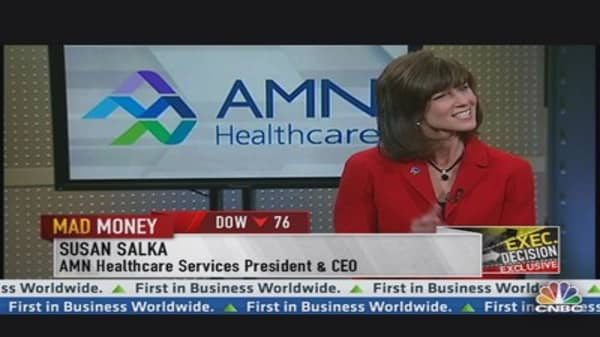A rift between labor unions and the White House over coverage through Obamacare might be putting smiles on opponents of the health care law—as well as those antagonistic to unions themselves.
"Unions are panicked about this big time," said Bob Zadek, a business attorney with Buchalter Nemer. "If they can't deliver health care benefits to their members, there may not be much reason to join a union. It's a very big deal."
At issue for the unions—which mostly supported the Patient Protection and Affordable Care Act in the beginning, as well as President Obama's re-election in 2012—are their multi-employer health plans. Often referred to as Taft Hartley plans, they are administered by both unions and employers and cover some 20 million workers in the U.S. and their relatives, even during times of unemployment.
But the cost of the plans will rise under Obamacare as the law extends coverage to dependents up to the age of 26, as well as eliminating lifetime limits on coverage and extending benefits to people with pre-existing illnesses.
Several unions—including the United Food and Commercial Workers International Union, the International Union of Operating Engineers, as well as the United Union of Roofers, Waterproofers and Allied Workers—have expressed concerns that under Obamacare, companies will deem the coverage too expensive and drop it.
(Read more: Union Backers Protest Ohio Right-to-Work Bill)
That would force union members to seek new health care coverage under the state exchanges being set up, mainly because companies won't get tax subsidies for Taft Hartley coverage under Obamacare.





